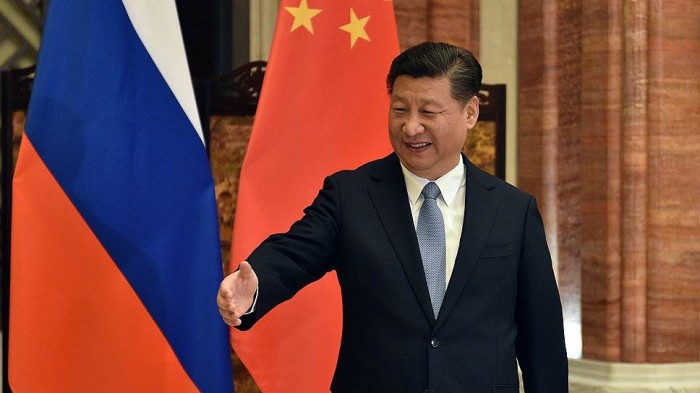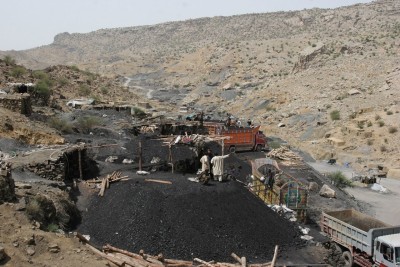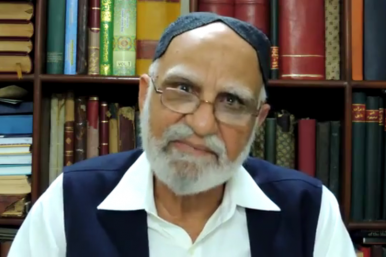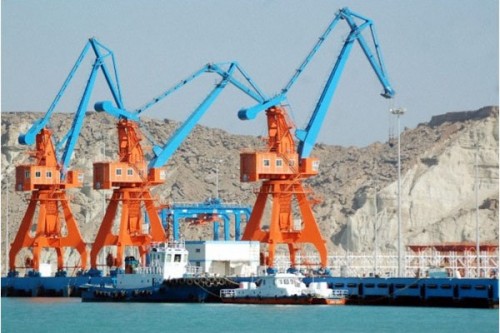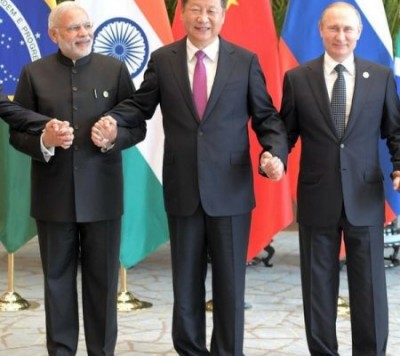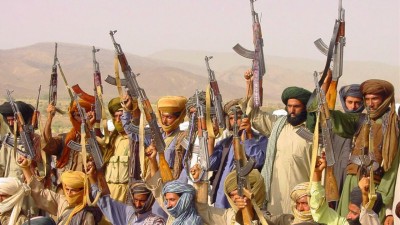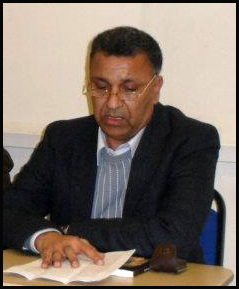| Home » Articles |
| Total entries in catalog: 15 Shown entries: 1-10 |
Pages: 1 2 » |
|
After World War II, Yugoslavia was organized as a federation of six republics, with borders drawn along ethnic and historical lines: Bosnia and Herzegovina, Croatia, Macedonia, Montenegro, Serbia and Slovenia with the two autonomous Serbian provinces of Vojvodina and Kosovo. The Yugoslav federation worked successfully largely due to the strong leadership of president-for-life Josip Broz Tito, but after his death in 1980, a weakened central government could not cope with the growing ethnic and nationalist tensions. |
|
By: Mir Mohammad Ali Talpur Coal is an unforgiving servant as it exacts its proverbial ‘pound of flesh’ from its masters. To begin with, mined coal needs to be washed of impurities which produce a fantastic amount of coal sludge (slurry) that in turn needs a dam for storage. This sludge contains mercury, arsenic, beryllium, cadmium, nickel and selenium, all harmful for people and ecology. Little wonder that people affected by the dam now being established near Ghorano village in Thar are vehemently but futilely protesting.
Articles by Mir Mohammad Ali Talpur |
Views: 473 |
Added by: drmarri |
Date: 18.04.2017
| Comments (0)
|
|
By: Mir Mohammad Ali Talpur Coal is an unforgiving servant as it exacts its proverbial ‘pound of flesh’ from its masters. To begin with, mined coal needs to be washed of impurities which produce a fantastic amount of coal sludge (slurry) that in turn needs a dam for storage. This sludge contains mercury, arsenic, beryllium, cadmium, nickel and selenium, all harmful for people and ecology. Little wonder that people affected by the dam now being established near Ghorano village in Thar are vehemently but futilely protesting. After creating so many hazardous toxins during mining, coal doesn’t become benevolent, rather it becomes more vicious, especially when used in power plants. Coal is the dirtiest of fossil fuels. Per kilogram, it produces the least amount of energy and the most amount of pollution.
Articles by Mir Mohammad Ali Talpur |
Views: 403 |
Added by: drmarri |
Date: 02.04.2017
| Comments (0)
|
|
By: Mir Mohammad Ali Talpur The present situation in Balochistan is critical in the political context which is naturally overshadowed by an armed conflict that has ebbed and flowed in different periods but never seen a complete victory of either side. This situation has now become critical as both sides struggle hard for political and military gains. The Baloch armed might is naturally no match in a head on battle for the organized and well oiled machinery that Pakistani army is but the very fact that they have not only survived but continue to inflict losses speaks volumes for the Baloch peoples’ ability and determination for achieving their political goals. Words are craftily used to obscure issues and mislead people. People unnecessarily killed are palmed off as ‘collateral damage’ and death squads are conveniently termed as ‘patriotic elements’ by Pakistani generals in 2011.
Articles by Mir Mohammad Ali Talpur |
Views: 434 |
Added by: drmarri |
Date: 28.03.2017
| Comments (0)
|
|
‘Masses are known to have wrought miracles in history;
Articles by Mir Mohammad Ali Talpur |
Views: 362 |
Added by: drmarri |
Date: 22.03.2017
| Comments (0)
|
|
By: Raza Wazir
Raza Wazir speaks to veteran Baloch nationalist Mir Muhammad Ali Talpur about his reservations on the China-Pakistan Economic Corridor Why do you oppose the China-Pakistan Economic Corridor? It’s a huge project that will certainly benefit Pakistan. What is in Pakistan’s interest is not necessarily in the interest of Balochistan. If you want to pass through Balochistan, use its coast and extract its minerals, the Baloch people are the main stakeholders. Their interest should come first. There is already some resentment among the Baloch, especially in the dealings with the Chinese. How they sidelined the Baloch people in Sandak is an indication of what will happen. According to Fazle Haider (a well known journalist) there will be no copper, gold or silver left when the Chinese will leave. They have extended their lease until 2017. My point is that we should keep in mind the interest of Balochistan. The wishes of the local people should be held supreme. China is not coming to Balochistan to help the Baloch people, but because of its own interests. http://www.thefridaytimes.com/tft/the-road-to-gwadar-passes-through-balochistan/ |
|
Is India Surrounded By ‘Enemies’?https://www.youthkiawaaz.com/2017/03/cpec-a-cause-of-concern/ Comment by: Dr. Jumma Khan Marri What India wants nobody knows and then out of clear sky India shout and cry loud that friends are betraying her, India is always shy like first night bride cannot articulate and defend her interests, wants everybody should know her body language. World resources are limited and every country is behind their trade and geopolitical interests, even in case of Balochistan Indian position is neither clear nor understood by Baloch nor does Pakistanis. Moody Indian should first learn to talk and then get angry at others. Indian should learn from Russian, how to fight and defend their rights and interests under the unequal heaven. |
|
By: Dr. Naseer Dashti Introduction The Baloch and the Pakistani state relations can easily be termed hostile since 1948. The history of relationship between the Baloch and the Pakistani state establishment is the history of violent conflicts. According to the Baloch perceptions, their national resistance is their response to cultural and economical domination and political subjugation. Crude military power has been the only way adopted by almost every Pakistani Government in dealing with the Baloch discontent. During all conflicts, the Baloch masses and their leadership suffered heavy losses in men and material. The ongoing military campaign is the bloodiest one causing internal dislocation of thousands of Bugti and Marri tribesmen. The brutal murder of one of the towering figures of the Baloch national movement, Nawab Akber Bugti and the mysterious death of the revered resistance fighter Nawabzada Mir Balaach Marri are the most important happenings of the present conflict. In addition, kidnapping of hundreds of the Baloch by security agencies is another unprecedented hallmark of the 5 years long, low intensity war of resistance and political mobilization in Balochistan. In the wake of a democratic dispensation in Pakistan, talks of a negotiated settlement of the conflict between the Baloch and the state are being heard from various quarters. Is a negotiated settlement possible between the Baloch national resistance and the state establishment? This essay is a brief discussion on the nature of the Baloch and the state relationship, dimensions of the Baloch resistance and the possibility and parameters of a peaceful settlement within the Pakistani Federation. |
